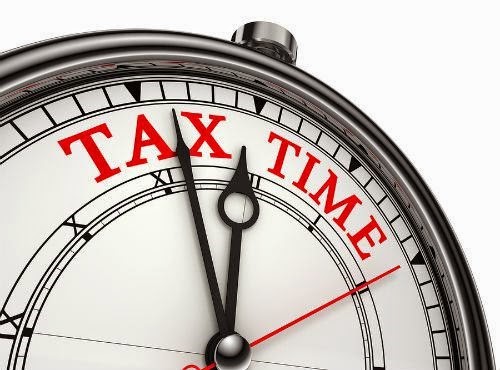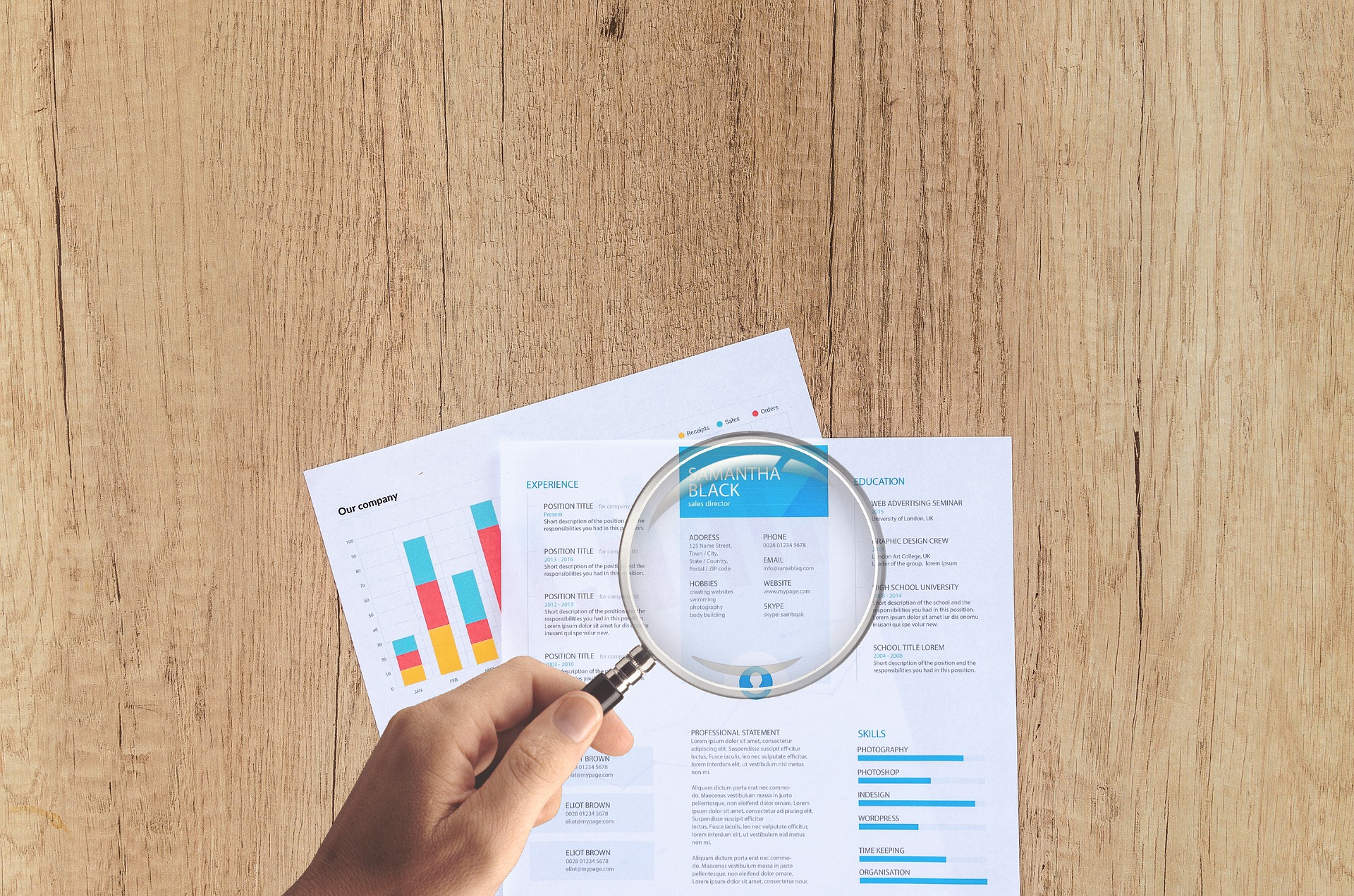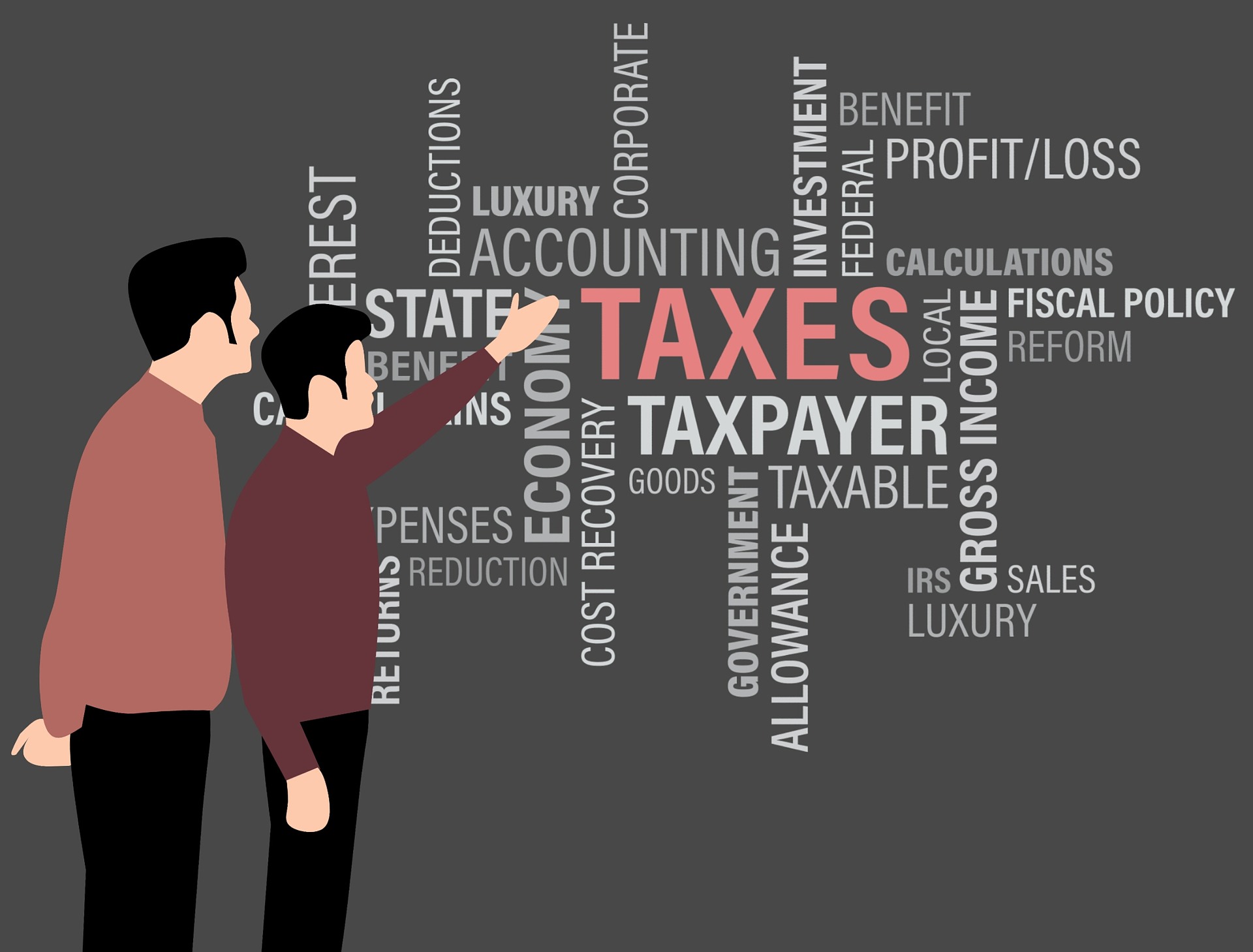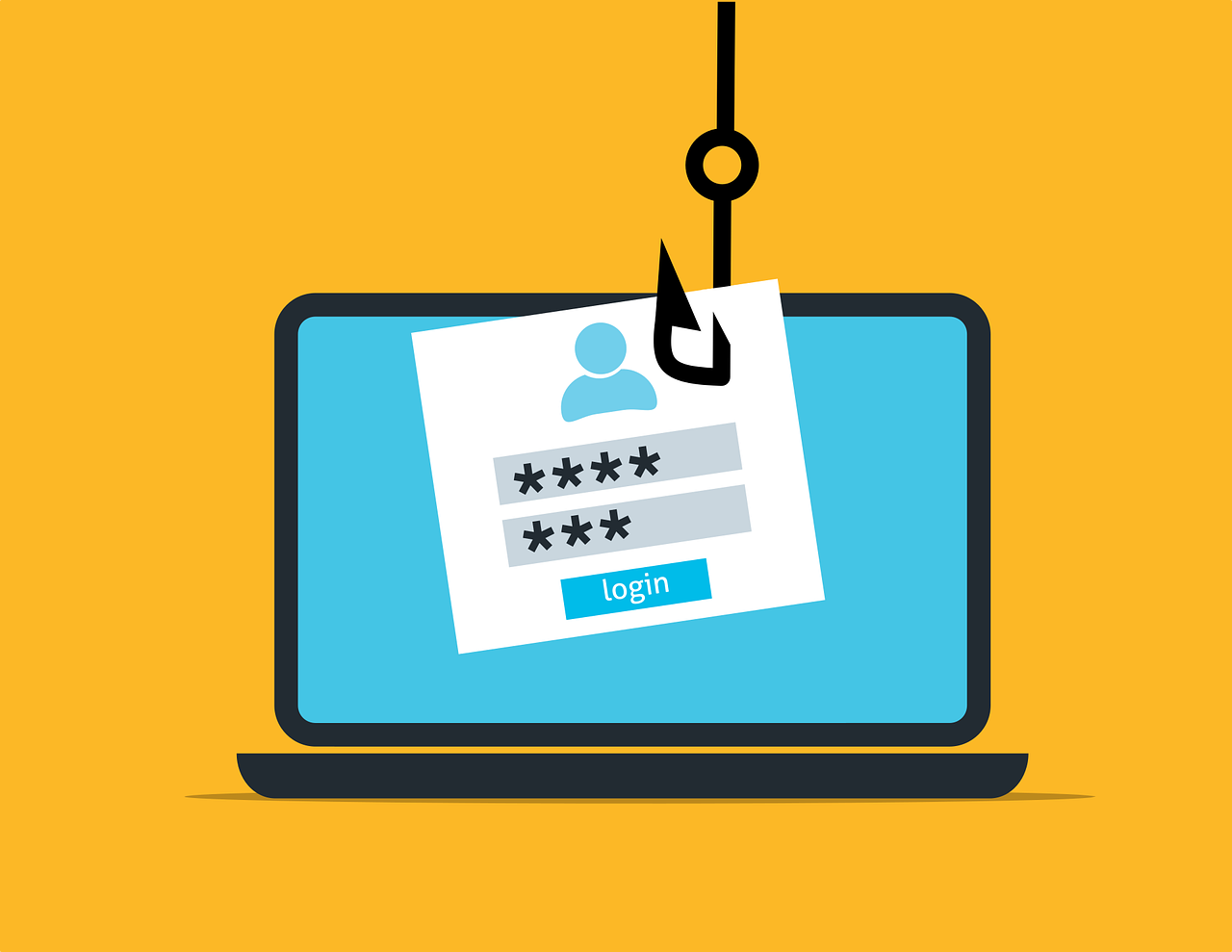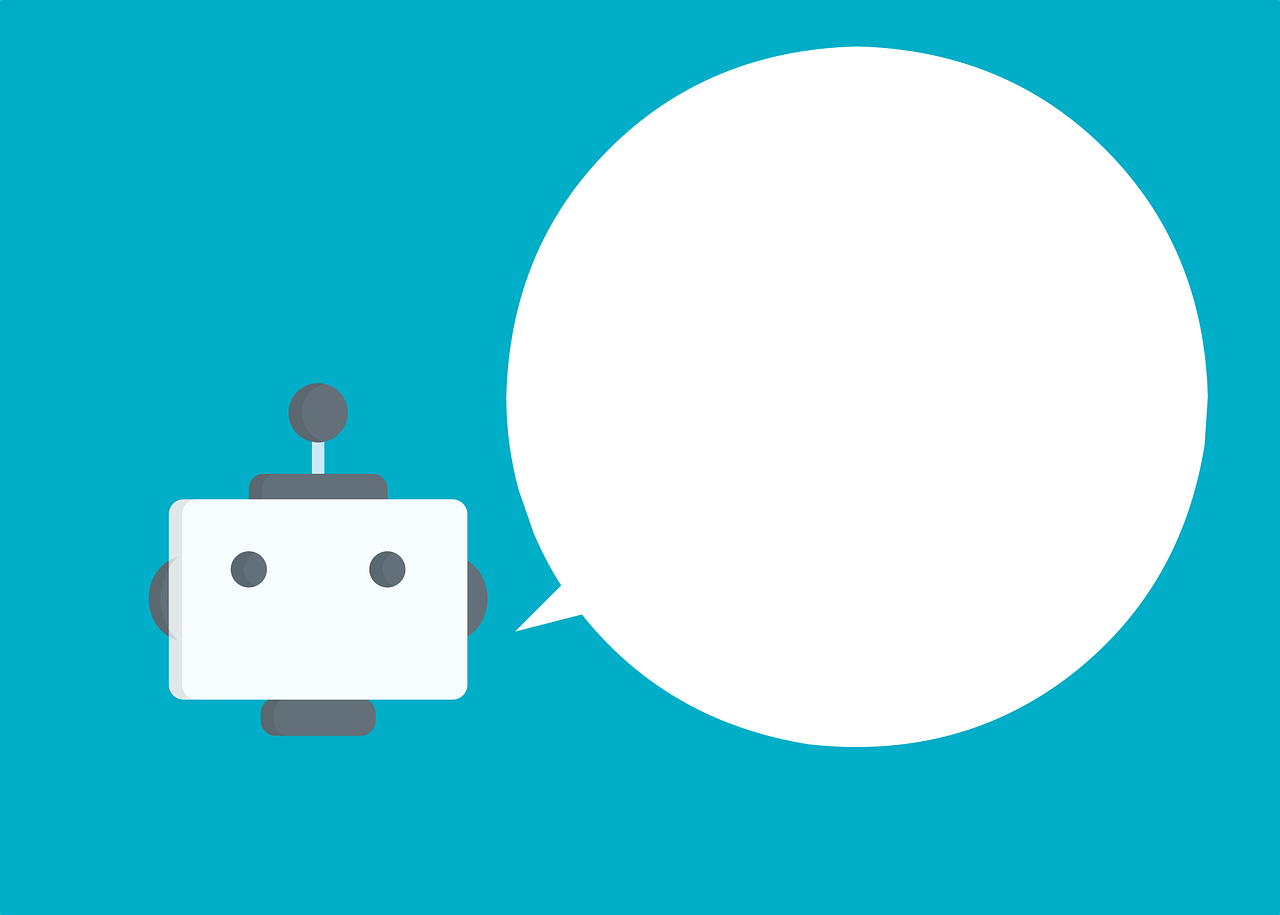The filing deadline for 2016 taxes is April 30, so time is running out if you’ve been putting off this important chore. You get a very slight reprieve this year since April 30 happens to be a Sunday. Canada Revenue Agency (CRA) will consider your return filed on time if you get it to them by midnight of May 1, 2017. Those that are self-employed have until June 15, 2017 to file.
What does it mean to be self-employed in the eyes of CRA?
You are self-employed if you earn income from a business that you operate by yourself (sole proprietorship) or with a partner (partnership). Self-employed individuals do not operate corporations, which are treated differently from a tax perspective.
Self-employed persons could have a storefront, or operate solely online. They could have home offices, or have a file box and a tablet that they use on the road for appointments. While there are many ways to draw self-employment income, if you work for yourself, your income must be recorded and reported.
If you own a business, you will need original documents to support any benefits you are claiming against your tax bill. Yes, you can write off part of your living and driving expenses if you use your residence and car for business purposes, but you have to back up these claims with mortgage documents, utility bills, mileage, and gas receipts. Don’t get cute with your claims either! Your five year old that sorted your paper clips while you were on the phone is not a deductible office staff member, and neither is the family dinner you had out – that’s dinner, not a business meeting!
Things the self-employed need to know about their tax bill
Those that are new to self-employment need to be very aware that no employer is deducting your income tax or your Canada Pension Plan (CPP) payments from your paycheck. That is now your responsibility and if you don’t plan for it, your first tax bill will be a huge shock. To avoid owing thousands of dollars in April, set aside some of your earnings each month for the tax man. Even better, remit a monthly payment directly to CRA and have it applied in advance to your tax bill for April.
Once you are earning a certain threshold, or if you receive regular rental or investment income, you may get a note in your assessment saying that you now owe installments. This means a portion of your taxes is new due at certain points during the year, not just in April. The installments are like tax checkpoints that go against your annual tax bill. If you have to pay installments but are already remitting monthly, your monthly payments will be factored into your mandated installments.
To stay on top of your tax obligations as a small business, you can use CRA’s online services reminders and alerts.
What happens if I don’t file on time?
 Basically, it will cost you. Individuals and self-employed person that fail to meet the deadline are fined 5 per cent of the balance owing, in addition a further 1 per cent on the balance for up to 12 months for each month that the return is late.
Basically, it will cost you. Individuals and self-employed person that fail to meet the deadline are fined 5 per cent of the balance owing, in addition a further 1 per cent on the balance for up to 12 months for each month that the return is late.
Wait! It gets worse!
If you were previously penalized in any three previous tax years for filing late, your penalty jumps to 10 per cent of the balance owing plus 2 per cent monthly for outstanding balances up to 20 months!
What if I own a business and really, really, really hate doing taxes?
Freeze up when thinking of preparing for your tax bill? If so, you are in the majority of business owners, but this does not excuse your obligation. Thankfully, AF Accounting is here to keep your books in shape year round, and to make tax time for your company a breeze. If you have been putting off keeping good records, managing your accounts and setting aside money for installments, your April is going to be very uncomfortable. If this sounds like you, contact AF Accounting and learn how we can provide our ongoing services to make sure you hit the filing deadline and have money at the ready for your tax bill every year.

